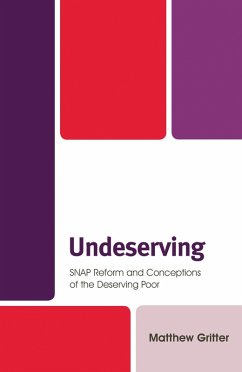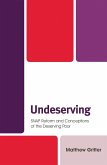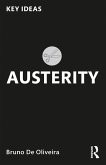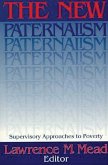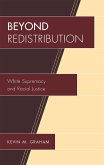This book explores attempts to reform the Supplemental Nutrition Assistance Program (SNAP), formerly known as food stamps. It argues that a growing focus on punitive policies attempts to characterize SNAP recipients as undeserving of governmental assistance. The book explores three areas of reform efforts: attempts to limit the types of food that can be purchased, attempts to implement drug testing, and attempts to restrict Able Bodied Adults Without Dependents (ABAWDs) from accessing SNAP. These attempts at reform highlight the ways that reformers view SNAP recipients as not deserving of assistance. This book argues that these reform efforts are based on conceptions of the deserving and undeserving poor rather than concrete data about SNAP recipients, and warns that if states are allowed greater flexibility SNAP could be reformed in a way that significantly reduces enrollment and leaves many Americans without a safety net.
Bitte wählen Sie Ihr Anliegen aus.
Rechnungen
Retourenschein anfordern
Bestellstatus
Storno

